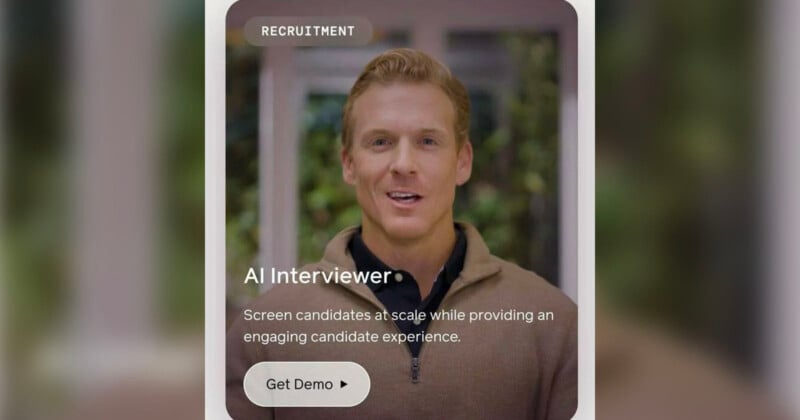Man Tries to Use AI-Generated Lawyer in Courtroom, Judge Unhappy

A judge was left unimpressed after a plaintiff attempted to use an AI-generated lawyer in the form of an avatar in a New York courtroom.
74-year-old Jerome Dewald got permission from the court to play a video but didn’t specify it was AI-generated. As soon as the video started playing, Associate Justice Sallie Manzanet-Daniels intervened.
In a scene better suited to Black Mirror than a New York appeals court, 74-year-old retiree Jerome Dewald tried to argue his employment case by playing a video—featuring not himself, but a sleek AI-generated avatar delivering legal arguments on his behalf. Dewald, representing… pic.twitter.com/4gT92TUru3
— litigation_god (@GodLitigation) April 10, 2025
“Now may it please the court, I come here today a humble pro se before a panel of five distinguished justices,” says a well-heeled AI avatar named James.
“Is this … hold on? Is that counsel for the case?” Manzanet-Daniels asks.
“That? I generated that,” says Dewald who is sitting opposite the bench. “That is not a real person.”
“It would have been nice to know that when you made your application,” Manzanet-Daniels says to Dewald. “You did not tell me that, sir.”
Manzanet-Daniels later chastised Dewald for the stunt, saying “You are not going to use this courtroom as a launch for your business.”
Technology and Courts
Dewald, who operates a startup called Pro Se Pro [a pro se is someone who represents themselves], says he wasn’t trying to promote a business but genuinely wanted the avatar — which came from a company called Tavus — as an aid to help him through proceedings.
While we are flattered that people think so highly of our replicas, please do not use them in court (yet) 🙃https://t.co/UMjnNLSq0D
— behr (@axbehr) April 4, 2025
Dewald tells The Register that he suffered throat cancer 25 years ago and that “extended speaking is problematic for me.”
He wanted the avatar to look like himself but “had some technical difficulties getting it completed,” he tells NewsNation.
Dewald instead used James which, he jokes, is “much more handsome than I am.” Dewald has since written a letter of apology to the court.
He tells The Register that courts view AI skeptically because of known issues with the technology; such as its tendency to “hallucinate” and give out false information.